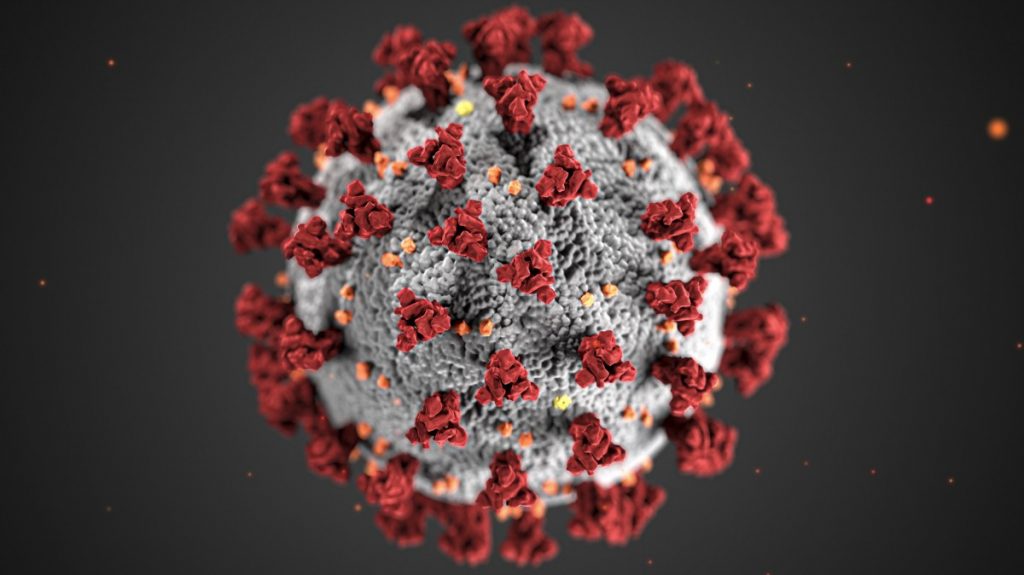During the COVID-19 pandemic, we are witnessing a surge of nationalism throughout an ostensibly globalized world. In this article, we focus on the “narrative battle” over COVID-19 that has escalated between two competing major powers – China and the US. Guided by a cultural sociological approach, we reveal the meaning-making processes behind the narrative battle through in-depth, hermeneutical reconstruction of the “reactive performance” of each country, as articulated in political speeches and mass media. We point out that, in the Chinese narrative, the country emerges from a “century of humiliation,” becoming a major world power that will no longer be subject to the “bullying” of the West. In the US narrative, even though Trump initially highlights the country’s “very good” relationship with China, as the storyline unfolds, China is blamed for the global pandemic, assuming again the role of a dangerous actor on the world stage. Our research shows that the current reactive communicative mechanism is not only unsustainable but also dangerous in times of crisis. We suggest that recognition of the narrative battle and acknowledgment of its performative function in the public sphere is the first step toward mutual understanding and meaningful dialogue between these two world powers.
Keywords: Sino-US relations, Narrative battle, Nationalism, Cultural sociology, COVID19
Journal: Journal of Chinese Political Science
Authors: Bernadette Nadya Jaworsky & Runya Qiaoan
DOI: 10.1007/s11366-020-09690-8





